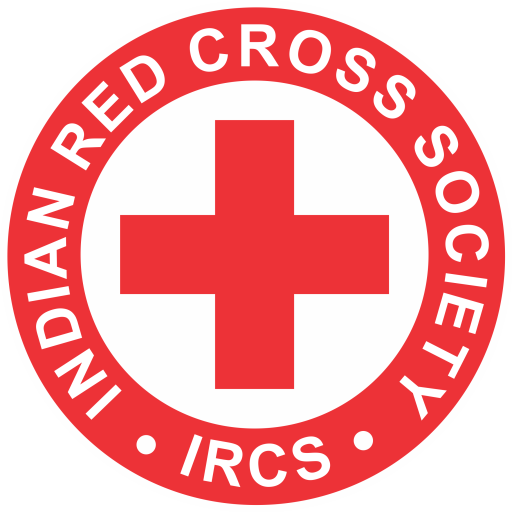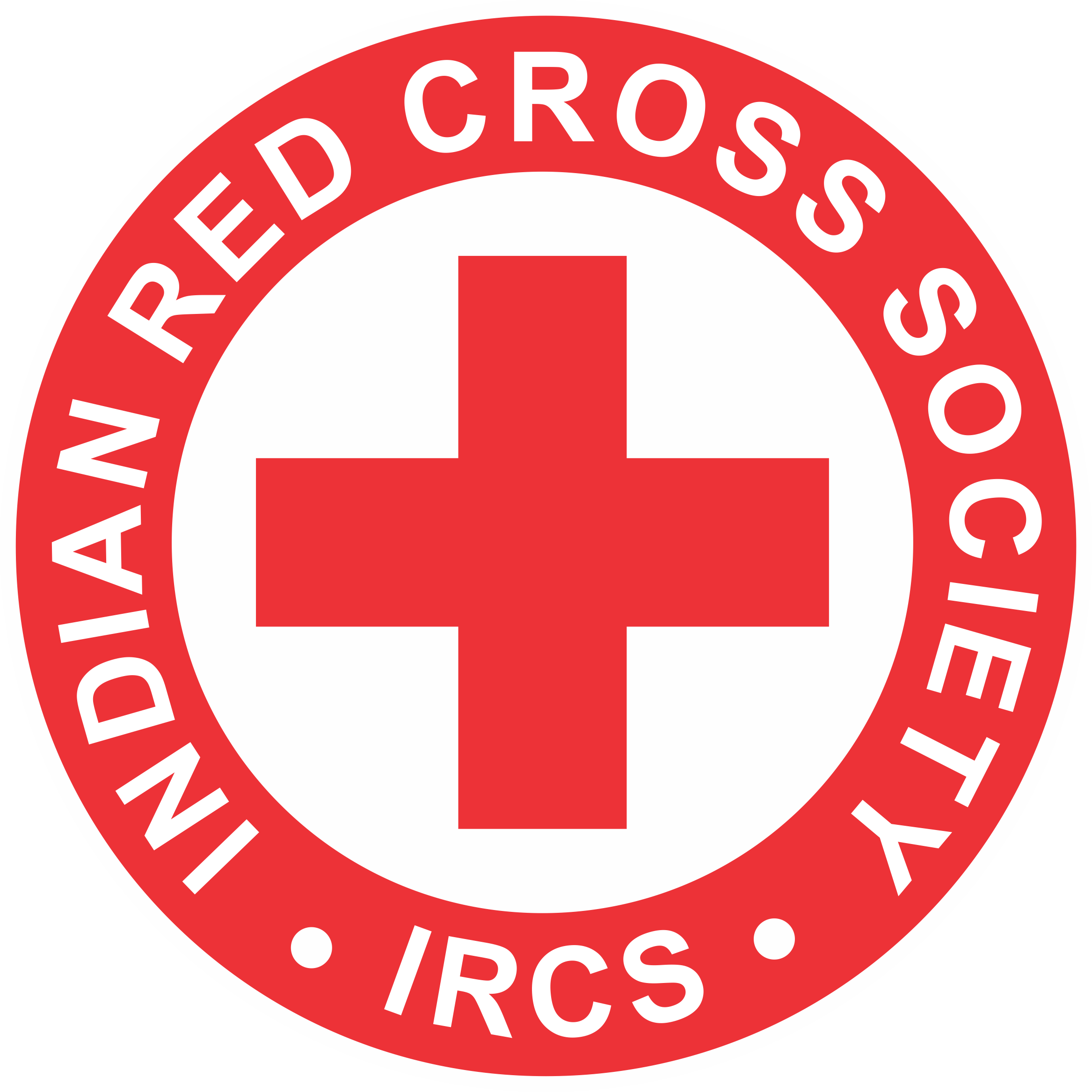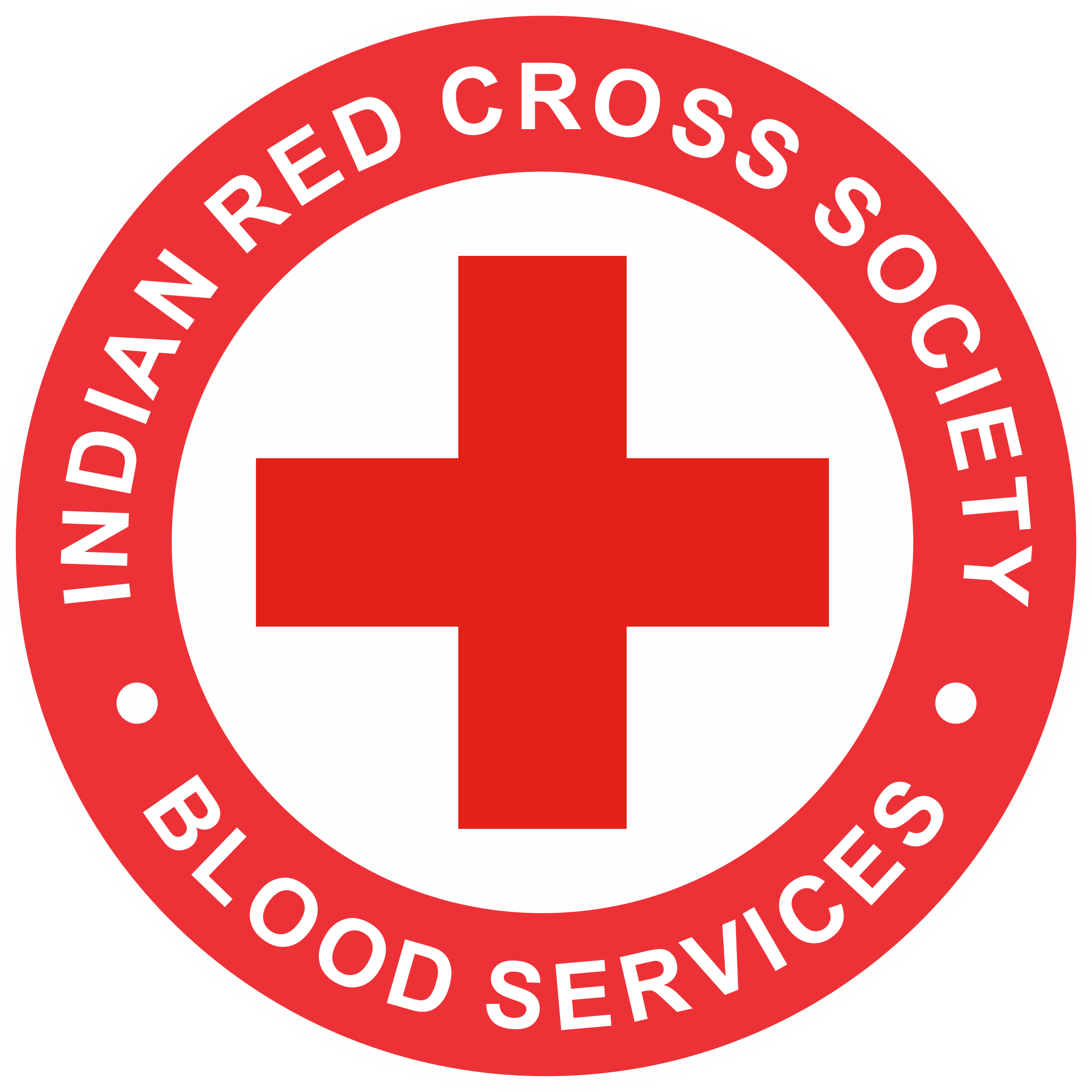For technician on duty at IRCS
Blood Centre, NHQ
011-23711551,
011-23359338
- IRCS
- Our Programs and Activities
- Improving Flood early warning alert system
Improving Flood early warning alert system
Improving Flood early warning alert system
IRCS, IFRC and Google join hands to save lives through Flood alerts in Assam and Bihar
Training:
The first phase of the project focused on preparedness and training of IRCS volunteers at various levels (10 per level). A fleet of master trainers was prepared at the state and district levels. They, in turn, identified volunteers within the village councils and skilled them in flood alert literacy.
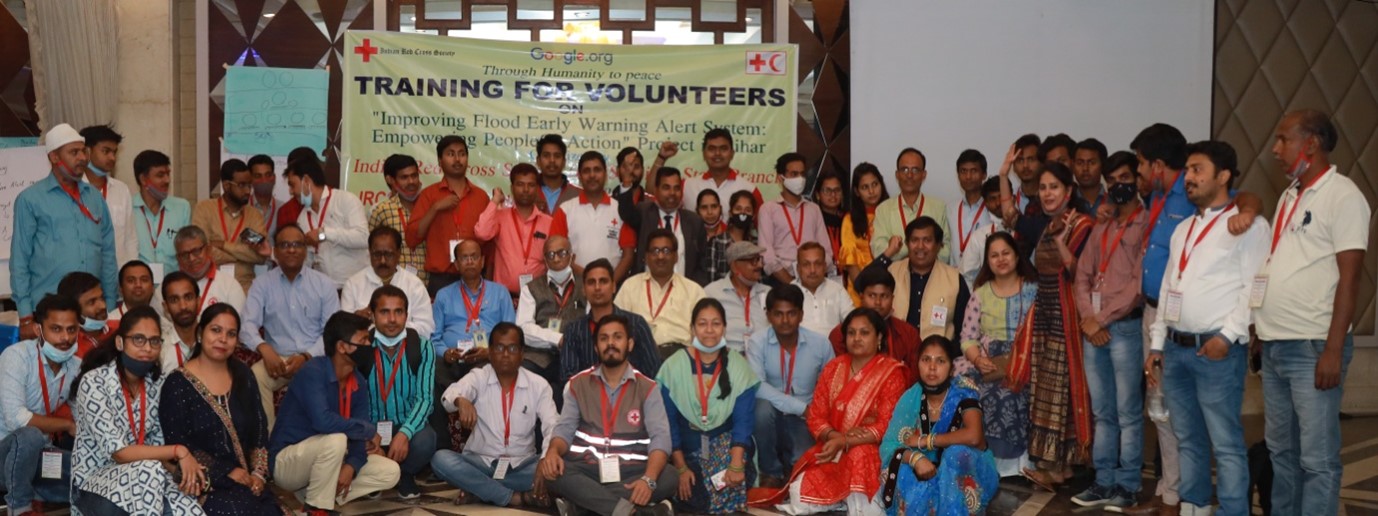
Panchayat volunteers took what they had learned to coach communities in the states of Assam and Bihar. Around 1100 volunteers owning smartphones were trained in both states.
This is a joint project which saw the participation of Panchayats, ward members, village leaders and IRCS management at a district level.
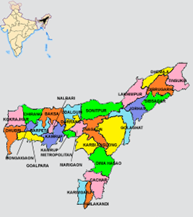
This is a joint project which saw the participation of Panchayats, ward members, village leaders and IRCS management at a district level
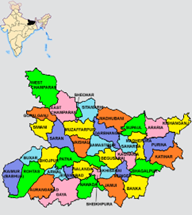
Awareness:
A set of awareness activities, such as the projection of training videos provided by Google in public places, information kiosks with IEC material and audio messages were set up in Assam. The project launch and activities were covered by local print media. These events also grabbed the attention of the local community.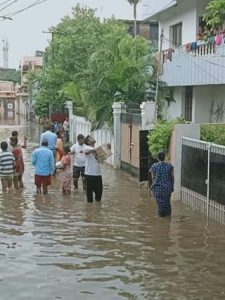
24×7 Flood Monitoring by IRCS
IRCS has set up 24×7 control rooms at both state and district levels to monitor flood alerts in real-time. These hubs ensure a smooth and fast flow of critical information during the monsoon period.
Additionally, WhatsApp groups were created at the Panchayat level, enabling two-way communication and instant alert sharing—directly operated from the flood control room.
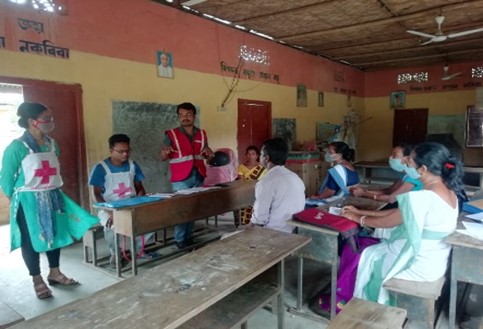
Community Participation Through WCP
Ward Contingency Planning (WCP) is a community-driven process that helped IRCS map out vulnerable communities, remote areas, and individuals without mobile access. This ensured last-mile alert reach during emergencies.
Establishment of National Technical Working Group
A dedicated National Technical Working Group was formed and meets regularly at IRCS Headquarters. Their role is to monitor the project’s progress, provide expert feedback.
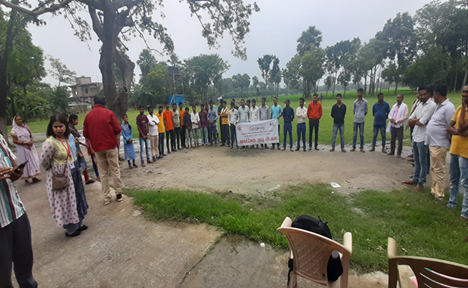
Efficient Alert Dissemination by Trained Volunteers
During the critical monsoon season, trained IRCS volunteers actively monitored and shared flood alerts with vulnerable communities.
Information was shared rapidly via phone calls, WhatsApp groups, and door-to-door outreach—ensuring everyone received the warning on time.
Over 90 alerts were delivered in Bihar, and more than 40 in Assam, all verified as accurate by community members and volunteers.
Short Story from Assam and Bihar
IRCS Assam took the lead in identifying hyperlocal vulnerable areas by creating 486 polygons for vulnerable wards, ensuring location-specific alerts were disseminated effectively.
“Thanks to Google alerts, we can now be prepared for floods. Previously, we never received this information on time.” – Local residents of Paharpur village, Muzaffarpur District, Bihar.
CONNECT& CONTRIBUTE
MORE FROM IRCS NHQ
FACILITIES & HIGHLIGHTS
IRCS STATE BRANCHES
IRCS NHQ ADDRESS
Indian Red Cross Society 1,
Red Cross Road
INDIA
New Delhi - 110001
MORE FROM IRCS....
IRCS STATE BRANCHES
IRCS NHQ ADDRESS
Indian Red Cross Society 1,
Red Cross Road
INDIA
New Delhi - 110001
-
For technician on duty at IRCS
Blood Centre, NHQ
011-23711551, 23359338
© Copyright 2025 by Indian Red Cross Society
